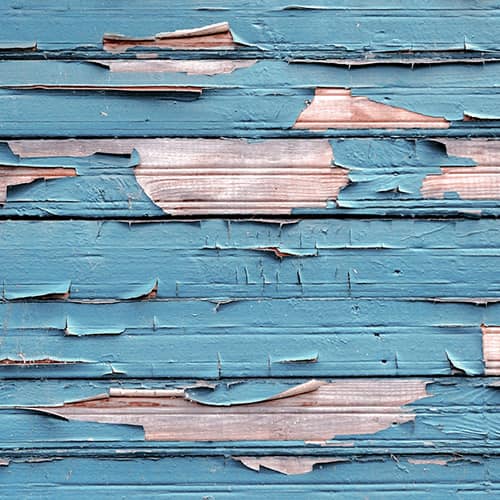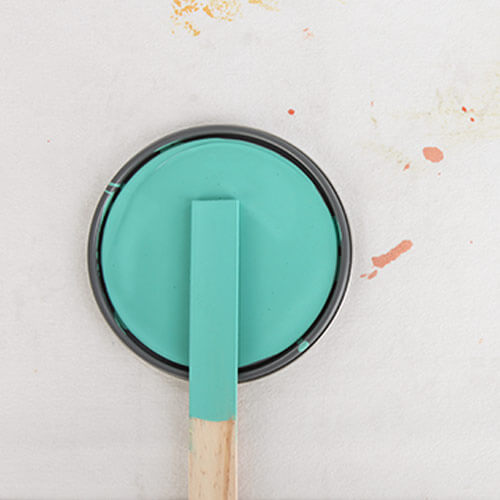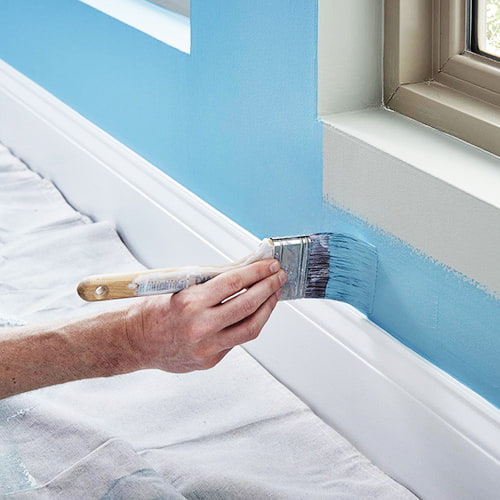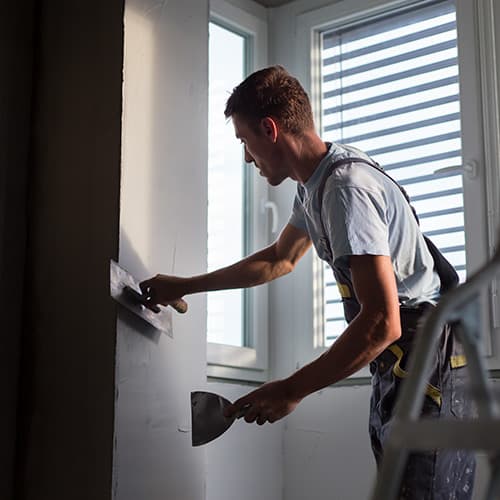How To Fix Cracking Or Flaking Paint
Paint flaking is a damaging phenomenon that occurs when paint cracks or flakes off of underlying structures. Residential or commercial property owners can avoid unsightly painting results and expensive fixes by taking these basic paint application tips into account before they begin painting projects.
See All Pro Painting Tips
See All Pro Resources

How To Fix Cracking Or Flaking Paint
Affect Property Values
Cracking and Flaking
Home and business owners have many good reasons to keep their properties structurally sound and visually appealing:
-
Properly applied coats of paint protect underlying wood, masonry, or metal surfaces from contaminants and water, contributing to the long-term durability of buildings.
-
Professionally applied paint helps property owners maintain or raise the value of their holdings.
By contrast, those who apply sealants at the wrong times or in the wrong ways can expose their properties and their work to the ravages of paint failure, including cracked and flaked paint.
See All Paints

How To Fix Cracking Or Flaking Paint
Prevention
Cracking and Flaking
Prevent the onset of paint cracking and flaking:
-
Improperly prepped surfaces, like wood or brick, may harbor moisture that can make it hard for paint to adhere to walls. Avoid poor paint adhesion by properly cleaning and prepping walls, wood and brick surfaces before painting.
-
Use the correct primer for the project. Alkyd primer is a high-adhesion paint-primer, popular with building professionals. This kind of priming-liquid can adhere to many different materials, including metal, masonry, and wood. It is also useful for priming pre-painted surfaces, and builders who plan to apply oil-based paints over latex sub coats should always consider using alkyd primers on the latex first.
-
Do not dilute paint by adding too much thinner.
-
Do not apply overly thin layers of paint to walls and other surfaces.
-
If the weather conditions are too hot or too cold when paint is applied, this could lead to eventual cracking or flaking. Always apply paint when favorable weather conditions prevail.

How To Fix Cracking Or Flaking Paint
How to Fix
Cracking and Flaking
Follow this 3-step process to fix cracking or flaking paint:
-
Remove all of the cracked and/or flaked paint in the damaged areas, using paint-sanders*, scrapers, or heat guns.
-
Use the appropriate primer to pre-coat and seal the prepped surfaces.
-
Apply fresh coats of quality exterior latex paints to primed surfaces.
Fix More
* WARNING! If you scrape, sand, or remove old paint, you may release lead dust or fumes. LEAD IS TOXIC. EXPOSURE TO LEAD DUST OR FUMES CAN CAUSE SERIOUS ILLNESS, SUCH AS BRAIN DAMAGE, ESPECIALLY IN CHILDREN. PREGNANT WOMEN SHOULD ALSO AVOID EXPOSURE. Wear a properly fitted NIOSH-approved respirator and prevent skin contact to control lead exposure. Clean up carefully with a HEPA vacuum and a wet mop. Before you start, find out how to protect yourself and your family by contacting USEPA National Lead Information Hotline at 1-800-424-LEAD or log on to www.epa.gov/lead. Follow these instructions to control exposure to other hazardous substances that may be released during surface preparation.






_12fba.jpg)